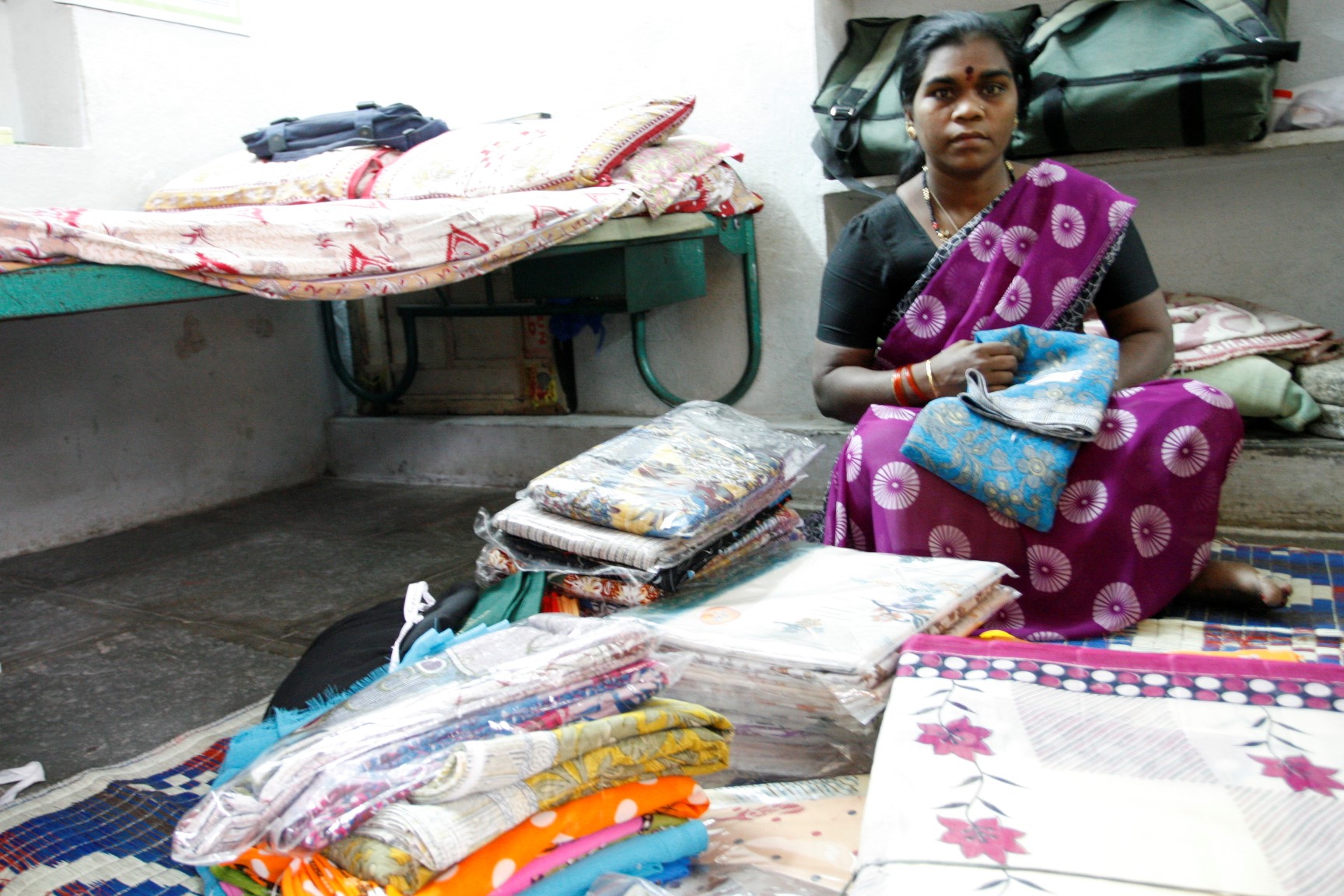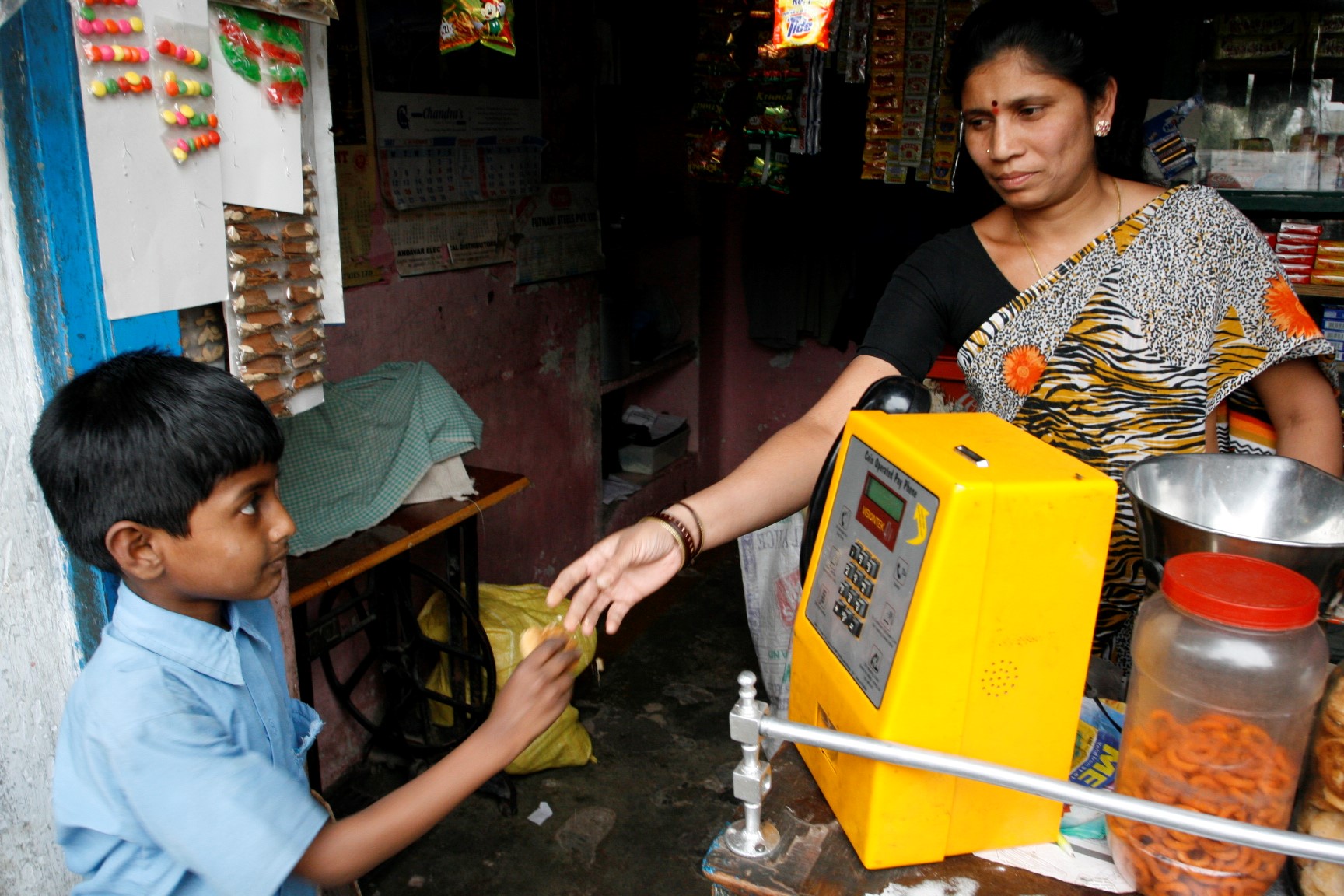What the women of Buxar wanted and why
The women of Buxar, in the eastern part of the state of Uttar Pradesh in India, told us loud and clear when we visited them they wanted to be trained as health leaders so they could educate their families and neighbours about hygiene and prevention of common illnesses. Families in this part of India live in extreme poverty and the mortality rate of their children is very high because of preventable illnesses such as diarrhoea, malaria and malnutrition.
Cashpor, one of Opportunity International Australia’s socially-focused microfinance partners in India, provides small loans to families so they can build businesses and earn regular incomes. Cashpor provides several Buxar families with small loans that they are using to build tiny businesses and earn regular incomes. Incomes sufficient to put food on the table each day and send their children to school.

Mukti Bosco, the head of Healing Fields, a health financing and community health education organisation in India, approached the Cashpor Board and asked it to support the training of some of Buxar’s women so they could become health leaders. Healing Fields trains women who go on to educate their local community about simple but vital aspects of health – hygiene, prevention of common illnesses, menstrual health and first aid. This approach is founded on the concept that much of what causes child mortality are common, avoidable and treatable diseases. You don’t need sophisticated medicine to prevent these conditions. What you need is basic knowledge about hygiene and health.
The Cashpor Board was initially skeptical about this request. The training program is demanding for the women as they have to leave their homes for four days every month to participate in it. Women living in villages in India are not supposed to leave their village without a male relative and women who stay in hotels get a bad reputation. Given the need for the women to be away from home several days each month and to stay at the hotel in which the training is conducted, the Cashpor Board exclaimed: “The training program won’t work. The women won’t sign up for it. They won’t do all these things.” They were also concerned community members wouldn’t listen to the women’s advice about health and hygiene. However, some Board members overlooked these concerns and could see the program had tremendous potential to improve the health of Buxar’s families. They said: “There’s no harm in giving it a try.” So, after much debate, Cashpor’s Board agreed to support the health leader program in Buxar.

Cashpor Board members also decided to visit Buxar to ask the women their opinion of the health leader program and whether they would want to participate in it. Driving to Buxar was no easy task, however, as it involved eight gruelling hours of travelling along bumpy dirt roads and rocky tracks. When they finally arrived, the Buxar community warmly welcomed them. Loan recipients told them about their businesses and how they could now afford to feed their families and educate their children. What most surprised them was how enthusiastic the women were to participate in the health leader training despite the issues they could face. The women told the Board members they were very grateful for the microfinance program that helped them kick-start and grow businesses, but they desperately wanted to improve their children’s health and reduce child mortality.
Cashpor’s Board members returned home with a strong conviction to support the health leader program in India. They were heartened by the enthusiasm of Buxar’s women for the program and their determination to improve the health of families in the community.
I’m so inspired that the Cashpor Board operates with a culture of humility, exploration, risk taking and, most importantly, really listening to its loan recipients. That’s what we need in our partners in developing countries. That’s the secret source of commanding dramatic change in the lives of families in poverty. It turned out that what the women of Buxar wanted was to be trained so they could improve the health of their families and communities. They said they want to partner with organisations that can assist them to improve community health themselves, rather than do it for them. Assisting them to do it themselves is the story of a great partnership.